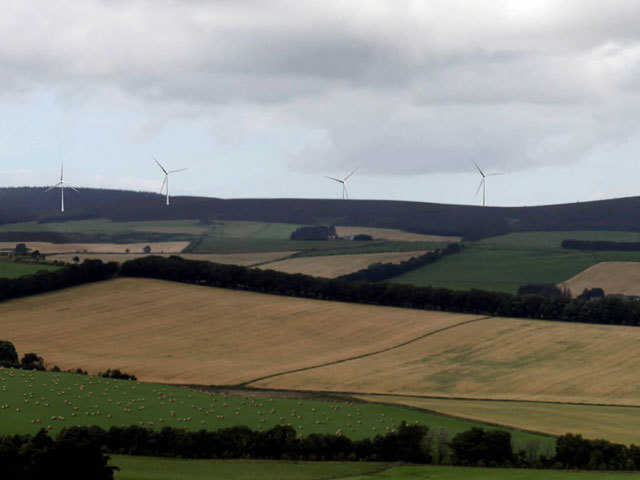
Renewable energy firm Infinis unveiled a full-year loss on its maiden results announcement after floating on the London Stock Exchange in November.
The company, which operates windfarms and a hydro scheme in Scotland, said that its operating profits had increased 18.3% to £148.4million, although its pre-tax loss fell to £11.8million from a profit of £8.9million in 2013.
Chairman Ian Marchant, the former chief executive of energy giant SSE, said the operating profit was “ahead of our expectations at the time of the flotation”.
The Edinburgh and London-based firm operates seven windfarms across Scotland and a small hydro scheme in Glen Duror near Ballachulish.
Revenues rose 7.3% to £242.5million in the year to the end of March 31.
“Today’s results are evidence of Infinis delivering the operating and financial performance we promised at the time of the IPO,” said Eric Machiels, Chief Executive Officer of Infinis.
We have performed strongly in both our landfill gas and wind businesses, exporting 2.6TWh of renewable power, which has translated into financial results ahead of our expectations.
“Our balanced portfolio of landfill gas and onshore wind assets leaves us well placed to fulfil our dividend commitments and execute our growth plans.
“We continue to make progress on our wind development pipeline and are on target to deliver incremental capacity of 130-150 MW by 2017 as set out in our IPO.
“With a strengthened balance sheet and strong cash generation, we are pleased with the performance of the Group during its first months since listing and look forward to further delivery against our targets in the current year.”
The company, founded by private equity maven Guy Hands, made its stock market debut in November. It floated at 260p per share – giving it a value of £780million – which was at the bottom of its original 260p to 310p per share range.
The company’s shares were up 3.3% to 236p.
Meanwhile, Lloyds Banking Group is expected to sell a bigger stake than it has initially planned in its TSB spin off which floats todayfri.
The bank, which was forced to sell off over 600 branches by European regulators after a UK government bail out, is thought to have changed plans to sell a 35% stake, up from an initial 25% share to new investors.
Recommended for you

